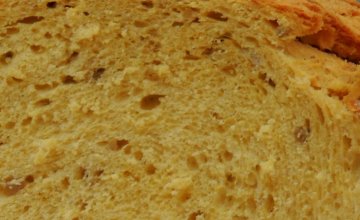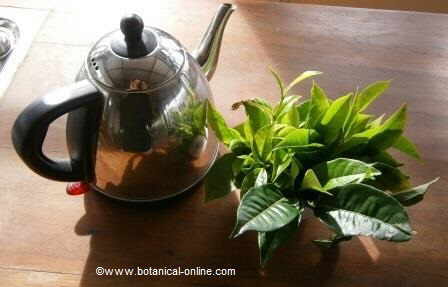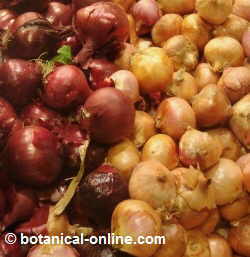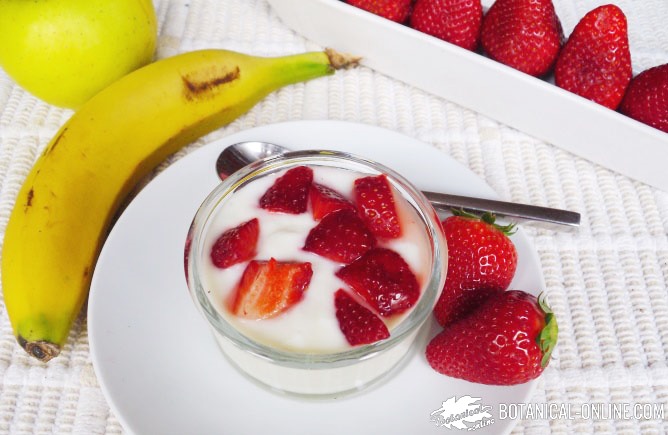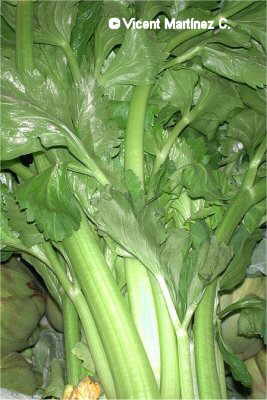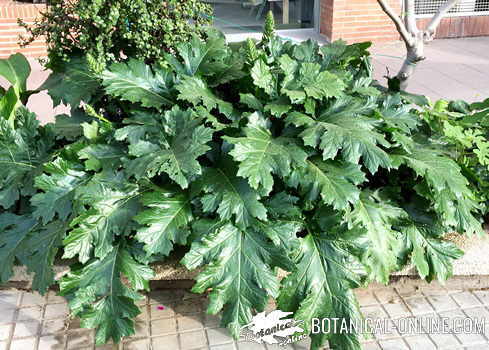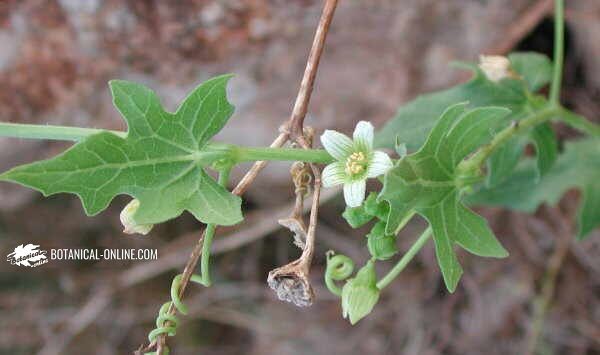Contents
- 1 Medicinal properties of meadowsweet (Filipendula ulmaria)
- 1.1 HEALING PROPERTIES OF MEADOWSWEET
- 1.2 What is meadowsweet?
- 1.3 Meadowsweet, a natural anti-acidity
- 1.4 MEADOWSWEET REMEDIES IN INTERNAL USE
- 1.5 Applications of meadowsweet for the digestive system
- 1.6 Meadowsweet analgesic properties
- 1.7 Meadowsweet to treat fever
- 1.8 Antibiotic properties of meadowsweet
- 1.9 Cleansing properties of meadowsweet
- 1.10 Meadowsweet for the cardiovascular system, and nerves
- 1.11 MEADOWSWEET PREPARATIONS IN EXTERNAL USE
- 1.12 Dose of meadowsweet
Medicinal properties of meadowsweet (Filipendula ulmaria)
HEALING PROPERTIES OF MEADOWSWEET
What is meadowsweet?
Meadowsweet or mead wort (Filipendula ulmaria) is a perennial plant that grows in forests, meadows and humid regions of Europe, temperate Asia and North America.
It is known as Queen of the meadow because, when it blooms, its high bouquets of white flowers stand out above other herbs.
Meadowsweet, a natural anti-acidity
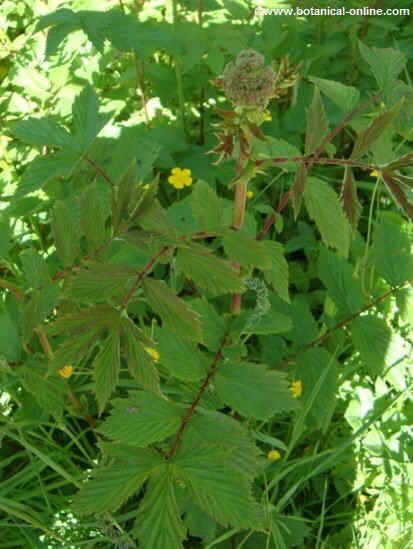
Photo of meadowsweet
The active ingredient of the meadowsweet is salicylic acid (flowers) and salicylate, with analgesic, anti-inflammatory, antibiotic and anti-fever properties.
Formerly known as Spiraea. From this name comes the name “aspirin”, because aspirine is a derivative of the active ingredients of this plants.
Meadowsweet is one of the most effective natural remedies for stomach ailments as a natural antacid.
Traditionally it is also used for rheumatic pain, to treat infections of the urinary tract and dropsy or fluid retention.
Preparations with this plant should not be boiled, since any containing salicylic acid is destroyed.
The plant also contains flavonoids with diuretic properties and tannins.
MEADOWSWEET REMEDIES IN INTERNAL USE
Applications of meadowsweet for the digestive system
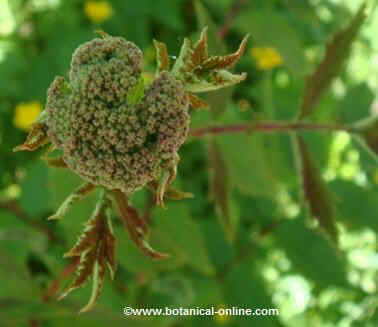
Meadowsweet flowers still in bloom. Flowering tops are rich in salicylic acid, and are also used as aromatic spice.
Meadowsweet is one of the best digestive plant because of its beneficial effects for stomach and digestive organs, especially for nervous people or those with sensitive stomach problems:
- Stomachic: meadowsweet is much appreciated to treat stomach pain because it acts as a natural antacid and stomach tonic, so it prevents the development of stomach ulcers and improves indigestion.
Salicylates in meadowsweet do not have the same effects to those of aspirin, which are chemicals derived from them. Aspirin salicylates can cause gastric ulcer in high doses.
Meadowsweet salicylates, in addition, contain other components like tannins. Tannins form a protective layer in the stomach and salicylates relieve pain and reduce inflammation of gastritis, and prevent peptic ulcer.
However, if the patient already has a stomach ulcer, This plant should not be provided, because its antiplatelet properties may cause bleeding, so meadowsweet is contraindicated in these cases. (See contraindications in the listing below)
- Nervous stomach: This plant aromas (essential oils) have sedative properties to calm nerves and the feeling of having a knot in the stomach.
For these purposes flowering tops are used, a traditional remedy to treat heartburn and stomach ulcers.. (Infusion of 2 teaspoons of meadowsweet flowers per cup of water, three times a day after meals. Do not reach the boiling point to preserve salicylic acid. It can be combined with cardamom for indigestion. Water extract: 2ml. three times a day).
- Carminative: Gaultherine (methyl salicylate) has carminative properties that help treat flatulence or gases. (Infusion of 2 teaspoons of flowers and leaves of meadowsweet and some seeds of anise or cumin per cup of water after meals).
- Diarrhea: This plant is a remedy for diarrhea and especially for childhood diarrhea because of the astringent tannins it provides (1%). (Do not use in children under 12 years). (Infusion of 2 teaspoons of flowers of meadowsweet leaves per cup of water. Do not come to the boil not to destroy the salicylic acid).
Meadowsweet analgesic properties
- Migraine and burnout: Infusions are used to treat headaches and physical exhaustion as a result of the analgesic properties that salicylates provide. (2 teaspoons of infusion flowers, three times a day. Do not reach boiling not to destroy the salicylic acid present in flowers).
- Menstrual pain: To relieve menstrual pain flowers are used. (Infusion of 2 teaspoons of flowers, twice daily. Do not reach boiling not to destroy the salicylic acid present in flowers).
- Physical pain: Externally, meadowsweet is widely used when dealing with bruises and muscle aches, such as carpal tunnel syndrome.
Meadowsweet to treat fever
Meadowsweet is rich in salicin, a compound that is also found in willow bark and from which aspirin is made.
It can be used to fight fever and it is very suitable to treat colds with fever. (Infusion of 2 teaspoons flowers, twice daily. Do not reach boiling not to destroy the salicylic acid present in flowers).
Antibiotic properties of meadowsweet
- Natural antibiotic: the extract of this plant has antibiotic effects against S. aureus, E. coli, P. vulgaris and P. aeruginosa, bacteria causing food poisoning and urinary tract infections.
- Urinary tract infections: Meadowsweet is used in the treatment of cystitis, pyelonephritis and urinary tract infections for its antibiotic properties. Its extract is effective against Proteus vulgaris, a pathogen causing recurrent infections and difficulty to urinate. (Infusion of 3 g. of flowers or flowering tops three times a day. Do not reach boiling).
Cleansing properties of meadowsweet
Meadowsweet is considered an excellent cleansing plant with diuretic properties. It is used as an adjunct in the treatment of obesity, cellulite, eczema, acne and dermatitis. Widely used for rheumatism.
- Fluid retention: it has diuretic properties and helps eliminate edema or excess of body fluids. (Infusion of 4g. Of dried flowers and leaves twice a day. Do not reach boiling).
- Gout: meadowsweet favors the elimination of uric acid from the body. It has diuretic and analgesic properties that help eliminate toxins and relieve joint pain. (Infusion of 2 teaspoons twice a day not come to the boil to destroy not salicylic acid) (External treatment: Poultice or compress of leaves and flowers on the inflamed joint).
- Rheumatoid arthritis: It is useful to treat rheumatic pain because it helps eliminate toxins from the body. It also has antiinflammatory properties for swollen joints. (Infusion of 2 teaspoons of leaves twice a day. Do not reach boiling) (External treatment: Poultice or compress of leaves and flowers on the inflamed join).
Meadowsweet for the cardiovascular system, and nerves
Meadowsweet prevents thrombosis and calms the nerves. It contains flavonoids (quercetin, rutin, hyperoside) with antioxidant effects that help to improve the health of the arteries and veins. (Infusion of 2 teaspoons of flowers and leaves, three times a day. Do not reach boiling).
Due to the content in coumarins and salicylic acid, this plant should not be administered if already taking medication for heart, circulation, or varicose veins. Their combination can produce unwanted effects.
* More information on contraindications of meadowsweet.
MEADOWSWEET PREPARATIONS IN EXTERNAL USE
- Muscle and joint pain: It has antiinflammatory and analgesic effect against muscular, rheumatic and joint pain (flower poultice or compress applied locally on the area).
- Vulnerary: Because it contains mucilage, salycilates and vitamin C, meadowsweet softens the tissues, relieves pain and helps wound healing. (Poultice of leaves and flowers on bumps, bruises or wounds).
- Psoriasis: Salicylates and flavonoids in meadowsweet are effective to treat psoriasis (compresses of flowers and leaves on the affected zone).
Dose of meadowsweet
Internal applications:
– Dry plant: 4 to 6g. per cup of water, up to 3 times a day. It should not reach boiling, because salicylic acid is destroyed. Do not combine with medications such as aspirin or drugs for circulation.
– Do not administer to children under 12, and pregnant or lactating women.
External applications:
– Anti-inflammatory compresses: 30g decoction of flowers in 1 liter of water. Do not reach boiling because salicylic acid is destroyed.
![]() More information on meadowsweet.
More information on meadowsweet.

